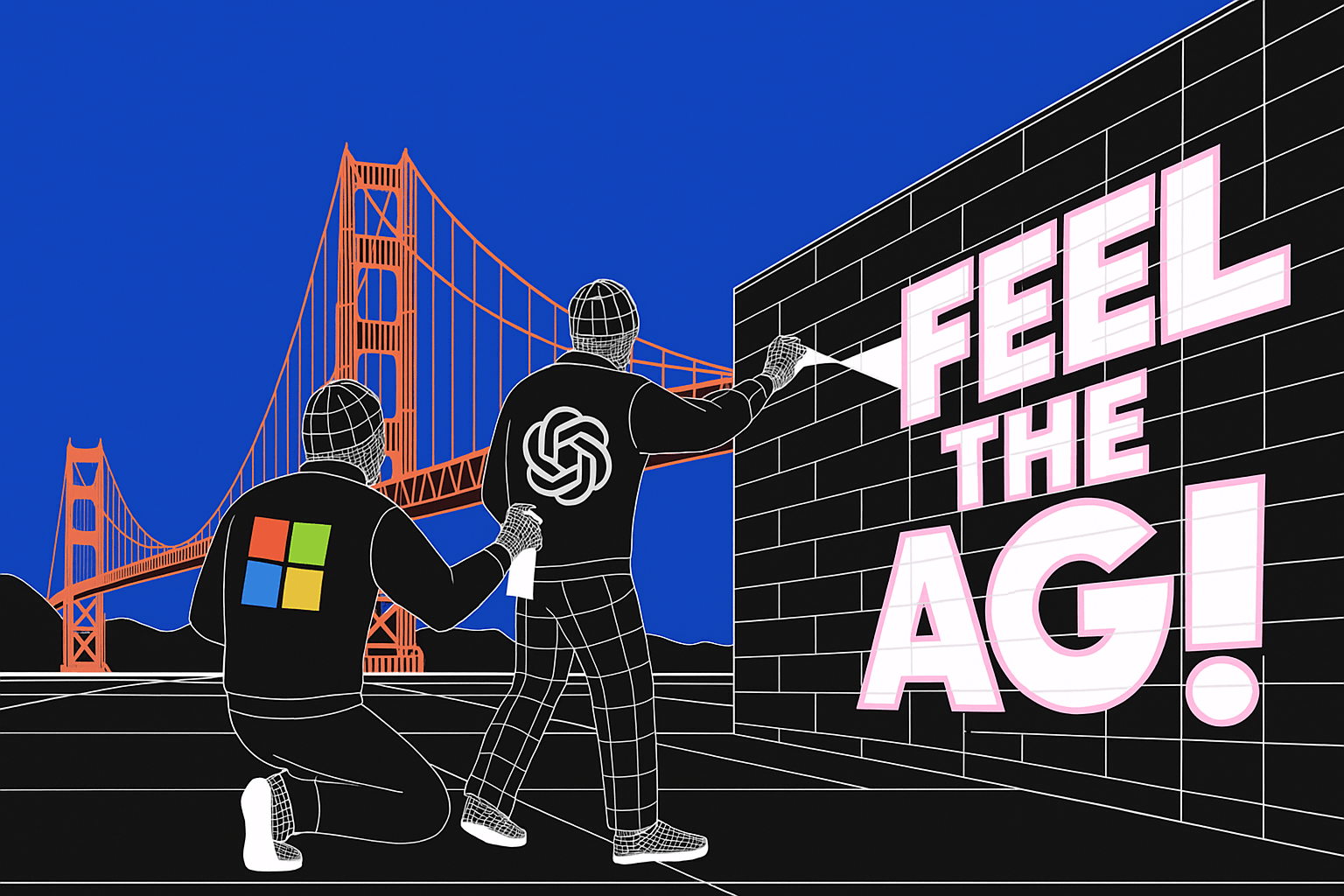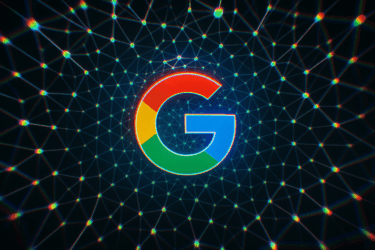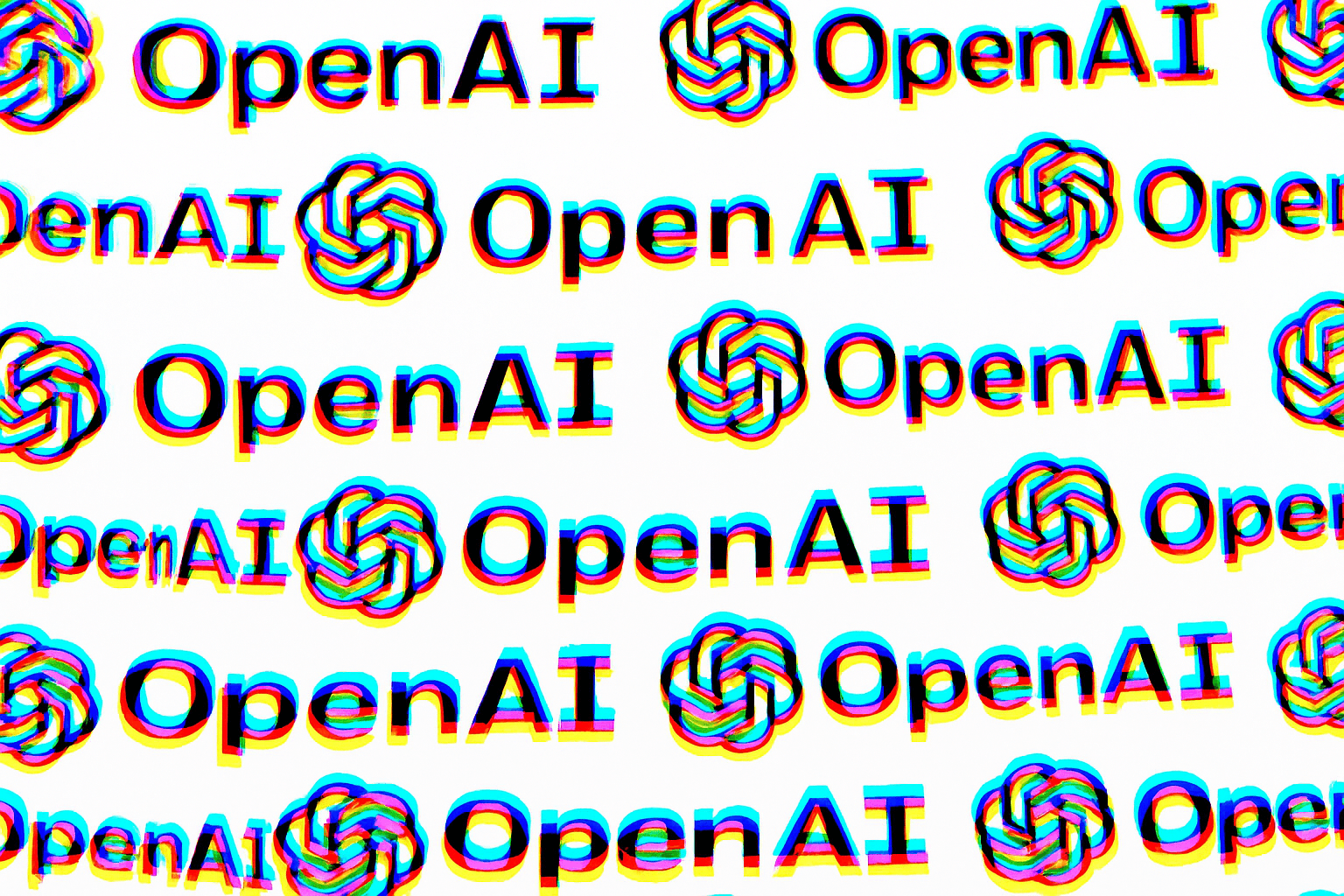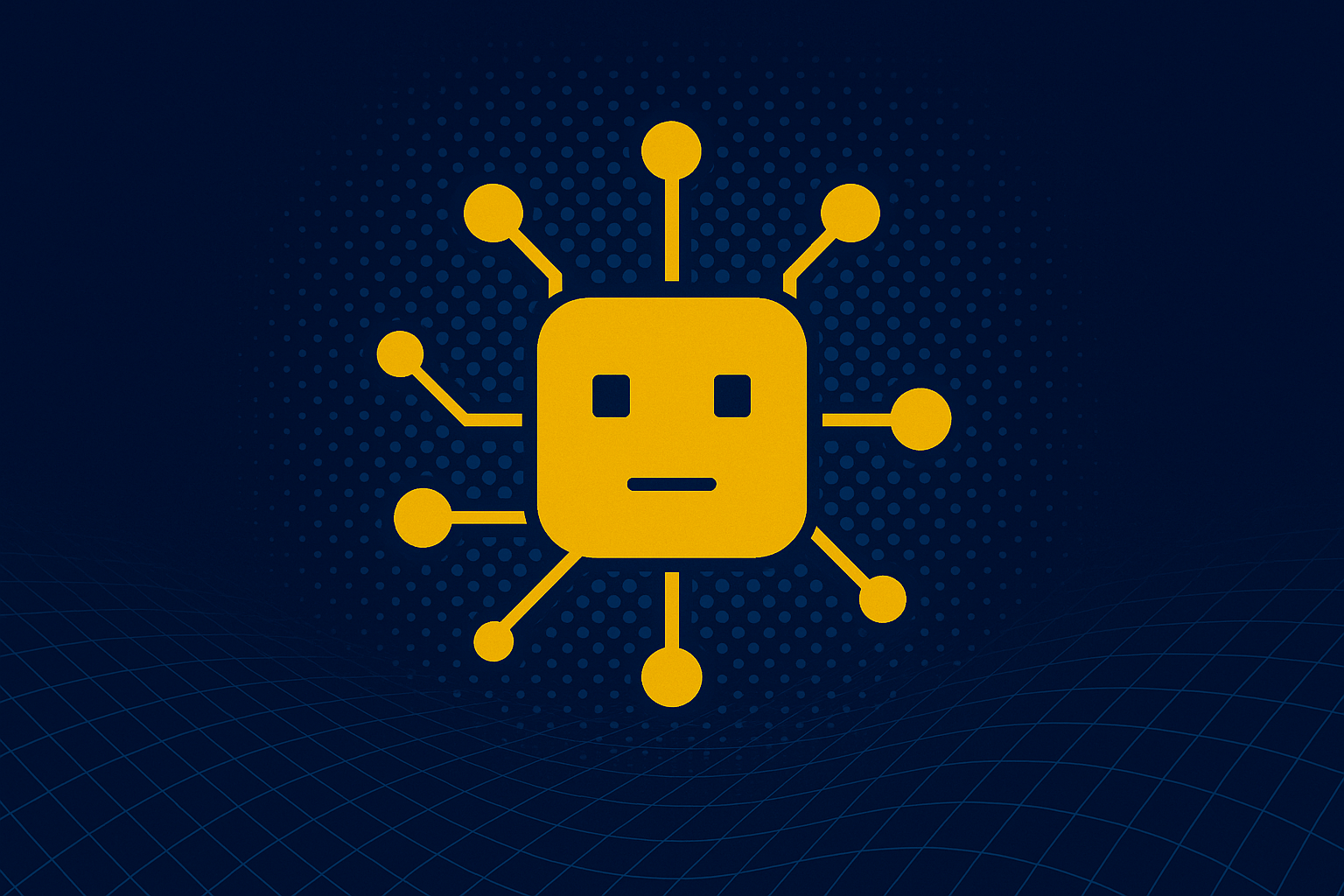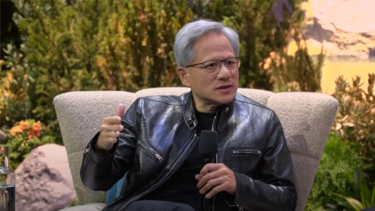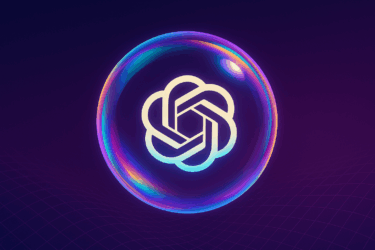Nvidia turns to synthetic data to tackle robotics’ biggest challenge: the lack of training data.
"We call this the big data gap in robotics," a Nvidia researcher said at the Physical AI and Robotics Day during GTC Washington. While large language models train on trillions of internet tokens, robot models like Nvidia’s GR00T have access to only a few million hours of teleoperation data, gathered through complex manual effort - and most of it is narrowly task-specific.
Nvidia’s answer is to rethink what it calls the "data pyramid for robotics." At the top sit real-world data - small in quantity and expensive to collect. In the middle lies synthetic data from simulation - theoretically limitless. At the base is unstructured web data. "When synthetic data surpasses the web-scale data, that's when robots can truly learn to become generalized for every task," the team states. With Cosmos and Isaac Sim, Nvidia aims to turn robotics’ data shortage into a compute challenge instead.
Meta is bringing its AI video feed Vibes to Europe through the Meta AI app. Every clip on Vibes is generated by artificial intelligence - users can create short videos from text prompts, remix existing ones, add music, and adjust the visual style. Over time, the feed learns what users like and tailors its suggestions accordingly. Finished clips can be shared directly in the app or posted to Instagram and Facebook.
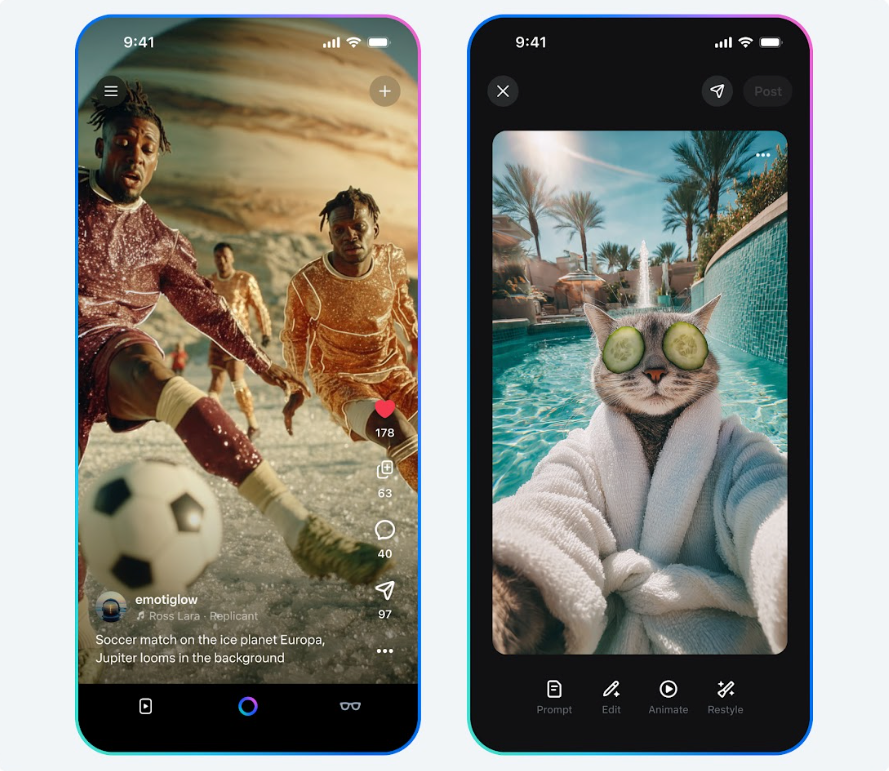
Vibes first launched in the U.S. in September 2025. The Meta AI app also includes the company’s AI assistant, plus tools for image editing and managing Meta’s AI glasses. By comparison, OpenAI has separated its own AI video experience into the standalone Sora app, which isn’t yet available in the EU.
Google's new TPU v7 Ironwood chips are now general available for training and running large AI models. According to Google, Ironwood delivers ten times the peak performance of the previous TPU v5p and is four times more efficient than the TPU v6e. Early adopters like Anthropic, Lightricks, and Essential AI are already using Ironwood for demanding AI workloads. Amin Vahdat, VP and GM for AI Infrastructure at Google, recently said every TPU Google has built so far is currently in use.
Alongside Ironwood, Google is introducing Axion, a new line of Arm-based virtual machines aimed at everyday computing tasks. Vimeo and ZoomInfo report that Axion N4A instances deliver up to 60 percent better price-performance than comparable x86 systems. With both Ironwood and Axion, Google is challenging competitors like Nvidia and working to offer more flexible AI infrastructure with better cost efficiency, especially for serving its own AI products like Gemini.
Snap has signed a $400 million partnership with Perplexity AI to make its AI search engine the default option inside Snapchat starting in 2026. In addition to the existing "My AI" chatbot, Perplexity will be available to users worldwide. Snap CEO Evan Spiegel says the deal could open the door to future partnerships with other AI providers.
The agreement includes a mix of cash and equity and will be recognized as revenue beginning in 2026. Perplexity, which now serves more than 20 million users, is currently facing lawsuits over alleged terms-of-service violations from both Amazon and Reddit.
